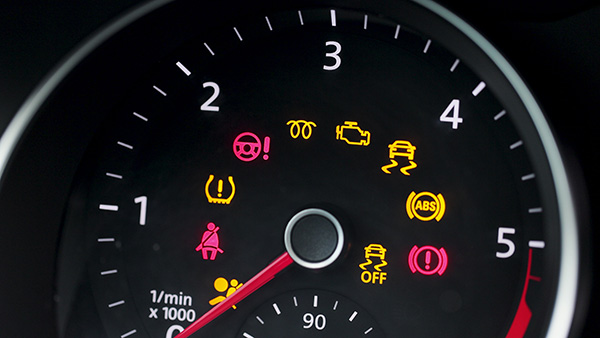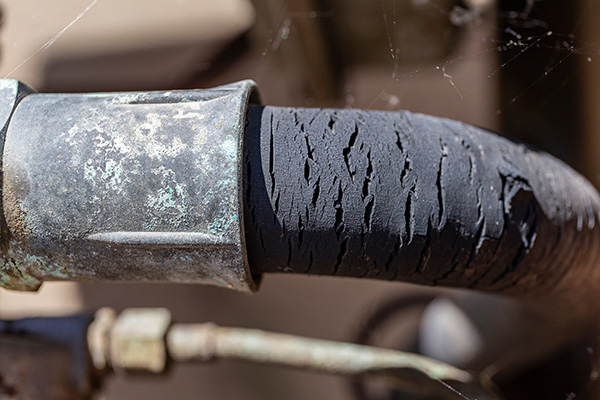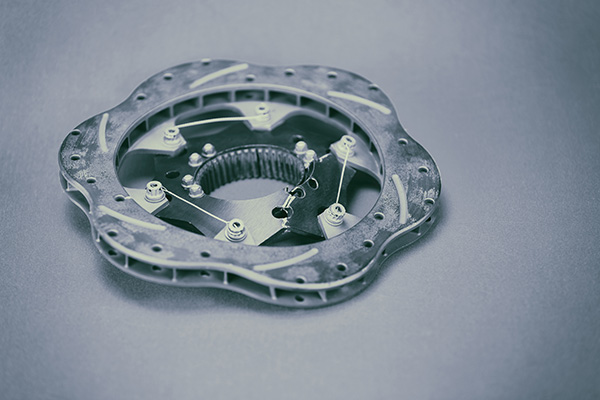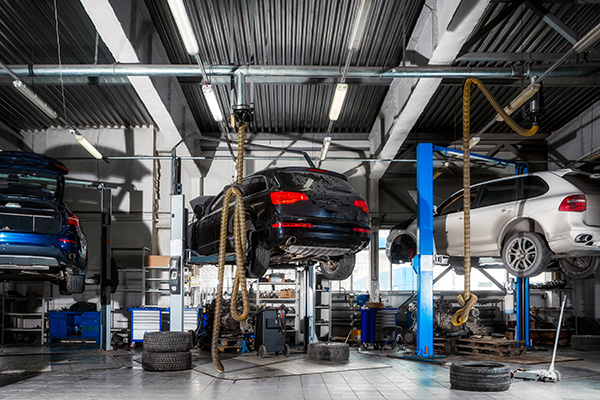Posted on 3/28/2025

Dashboard warning lights are your car’s way of telling you something needs attention. While some lights indicate minor issues, others warn of serious problems that could lead to breakdowns or expensive repairs if ignored. Understanding what these lights mean and taking action quickly can save you time, money, and potential safety risks. Here are six dashboard warning lights you should never ignore and what they mean for your vehicle. 1. Check Engine Light The check engine light is one of the most common warning indicators, but it can signal anything from a loose gas cap to a major engine malfunction. If this light appears and stays on, your car’s onboard diagnostics system has detected an issue. If the light is steady, the problem may not be an emergency, but you should get your car checked soon. If the light is flashing, it indicates a severe issue, such as an engine misfire, which could cause permanent damage if ignored. Even if your car seems to be ... read more
Posted on 2/28/2025

Your car’s engine relies on a complex system of hoses to transport essential fluids, including coolant, oil, and fuel. These hoses play a critical role in keeping everything running properly, but over time, they can wear out, crack, or leak. While a small crack might not seem like a big deal at first, it can quickly escalate into a serious engine problem if left unaddressed. A failed hose can lead to overheating, fluid leaks, and even engine failure, turning a simple fix into a costly repair. What Causes Hoses to Wear Out Hoses are made from durable rubber and synthetic materials, but they aren’t designed to last forever. Under the hood, they are exposed to constant heat, pressure, and movement, all of which contribute to their gradual deterioration. One of the biggest factors that weakens hoses over time is extreme heat. As your engine runs, temperatures can rise significantly, causing the rubber to harden and lose its flexibility. Once a hose becomes b ... read more
Posted on 1/31/2025

Owning a convertible is a dream for many, offering the thrill of open-air driving and a sense of freedom on the road. However, maintaining a convertible isn’t as straightforward as owning a standard car. The additional components, like the retractable roof, require extra care to ensure they stay functional and look great for years to come. If you want to keep your convertible in top shape, here’s what you need to know. Caring for the Convertible Top The top of your convertible is its defining feature, but it’s also its most vulnerable part. Whether your convertible has a fabric or vinyl top, regular cleaning is crucial. Dust, pollen, and bird droppings can damage the material if left untreated. Use a soft brush or cloth with a cleaner specifically designed for your top’s material. Avoid using household cleaners, as they can cause discoloration or weaken the fabric. If your convertible has a retractable hardtop, ensure the mechanisms are free ... read more
Posted on 12/20/2024

Have you ever felt a shaky steering wheel or a pulsing brake pedal when slowing down? These are classic signs of warped brake rotors. While the term "warped" often brings images of metal bending like a soda can, the reality is a bit more complex. Brake rotors don’t actually warp in the way you might think. They develop uneven surfaces or irregularities due to various factors. Let’s see what causes these issues and how to prevent them. What Are Brake Rotors and Why Are They Important Brake rotors are a critical part of your car’s braking system. They’re the flat, disc-shaped components that your brake pads press against to create the friction needed to slow down or stop your vehicle. They're engineered to handle extreme conditions because they’re exposed to intense heat and pressure every time you brake. However, even the most robust rotors have their limits. Prolonged stress, improper braking habits, or mechanical issues c ... read more
Posted on 11/29/2024

When it comes to vehicle maintenance, there’s often a bit of hesitation about where to go for factory-recommended services. Most new car owners assume that only the dealership is qualified to handle these services, but is that really true? Can a trusted local repair shop deliver the same quality care? We'll explain the advantages of choosing a local shop, how it aligns with factory recommendations, and why this choice could fit you well. Factory-Recommended Services Factory-recommended services are a set of maintenance tasks outlined by your car’s manufacturer, designed to keep your vehicle running at its best. These tasks vary by vehicle make and model but typically include oil changes, brake inspections, tire rotations, fluid replacements, and more advanced checks as the vehicle ages. Sticking to these services helps your car run efficiently, protects your warranty, reduces wear on critical parts, and prevents unexpected breakdowns. However, gettin ... read more